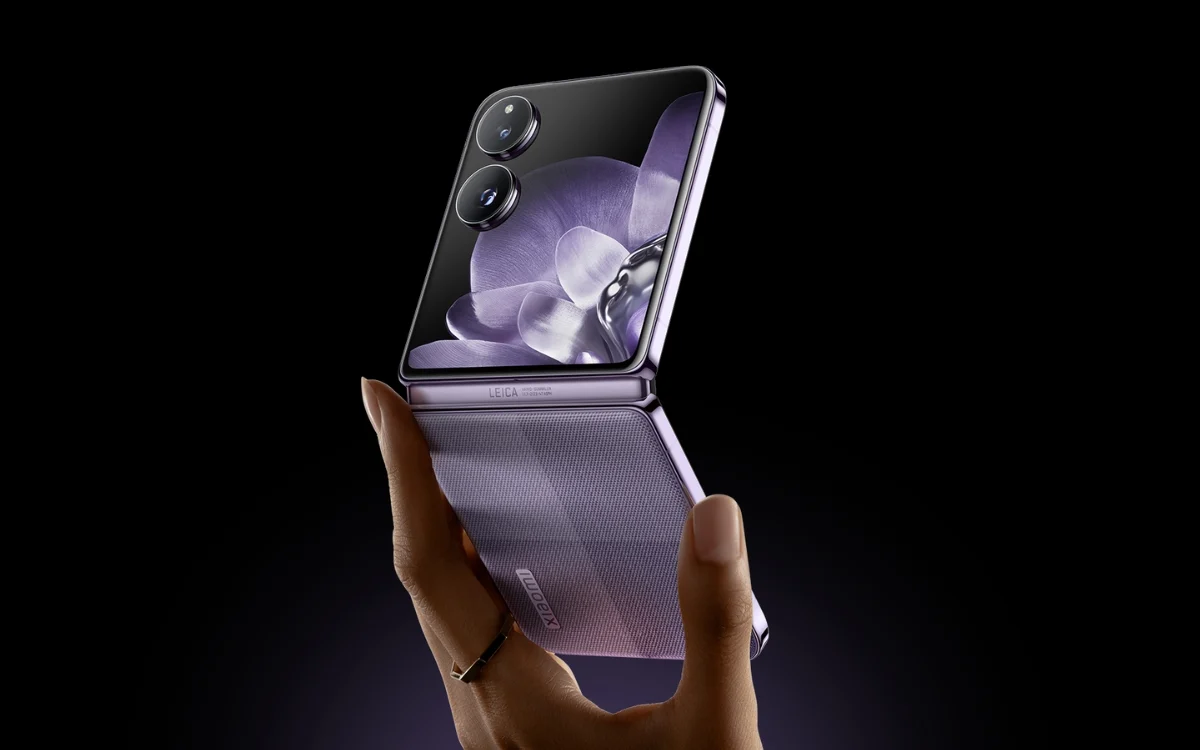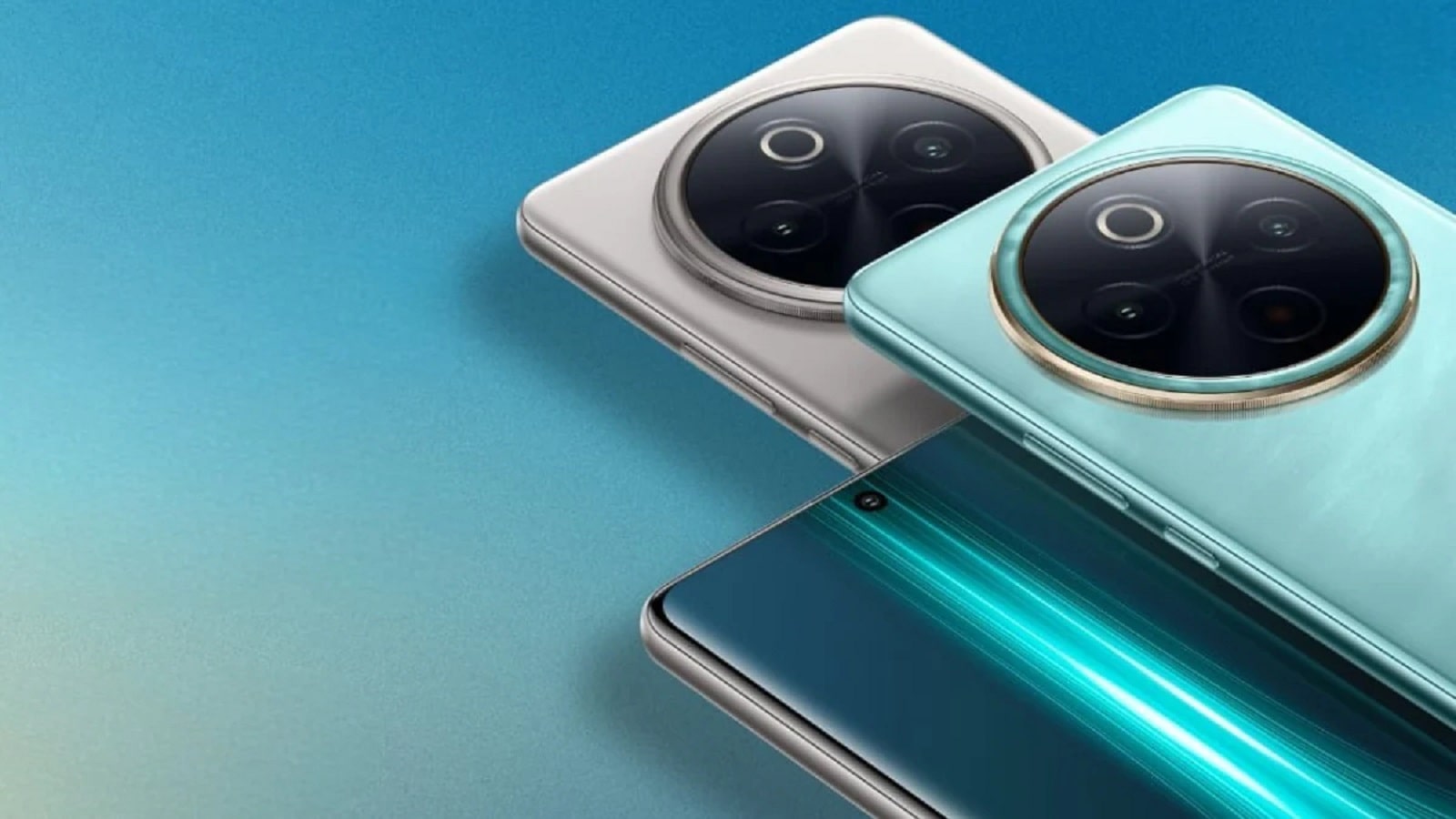Beijing headquartered Xiaomi of Chinese origin, a smartphone-producing company has said that it is planning to release its first foldable flip smartphone known as the Mix Flip in global markets in the near future. It was rolled out in the company’s home country in July this year as the Mix Flip.
Lei Jun the founder of Xiaomi and the CEO also said on the social media known as Twitter that the Mix Flip is going to hit the world market in September. It will be possible to specify later next week, along with the Xiaomi 14T series, more details about this launch will be introduced, and one of them will be Circle to Search from Google.
“Looking forward to it we are finally announcing that #XiaomiMIXFlip shall be launched in global markets this coming September usually, this wouldn’t have been possible without the support from our amazing Xiaomi Fans! Lei Jun posted on X as a result of the poll he conducted where he asked users whether they wanted the Xiaomi Mix Flip to be released in their region.
Some of the specific characteristics of the Xiaomi Mix Flip are the following: The size of the screen is equal to 4. 01-inch Super AMOLED outer screen together with a 6. Flexible internal LTPO OLED screen size of 86-inch and 1. 1, 500nit peak brightness 120 hertz of refresh rate, and 5K resolution. As mentioned earlier, both the screens support HDR10+, HDR vivid, and Dolby vision for the HDR standard They are tested and certified by TUV for eye care.
The smartphone comes with Snapdragon 8 Gen 3 in terms of processing power and a 4,780 mAh battery for the power department with support for 67W fast charging. The Ryzen 7 offers up to 16GB in LPDDR5x Ram and 512 GB in UFS 4 that is covered by a 3,500 mm² vapor chamber.
For photography, it comes with the 50MP Light hunter 800 sensor whose primary lens is an OIS telephoto lens, and the second one is the Leica Floating 50MP telephoto lens. It also avails an OmniVision OV32B front-facing camera with an 8×2 OIS module and a 48MP resolution. This smartphone is based on Android 14-based HyperOS.




